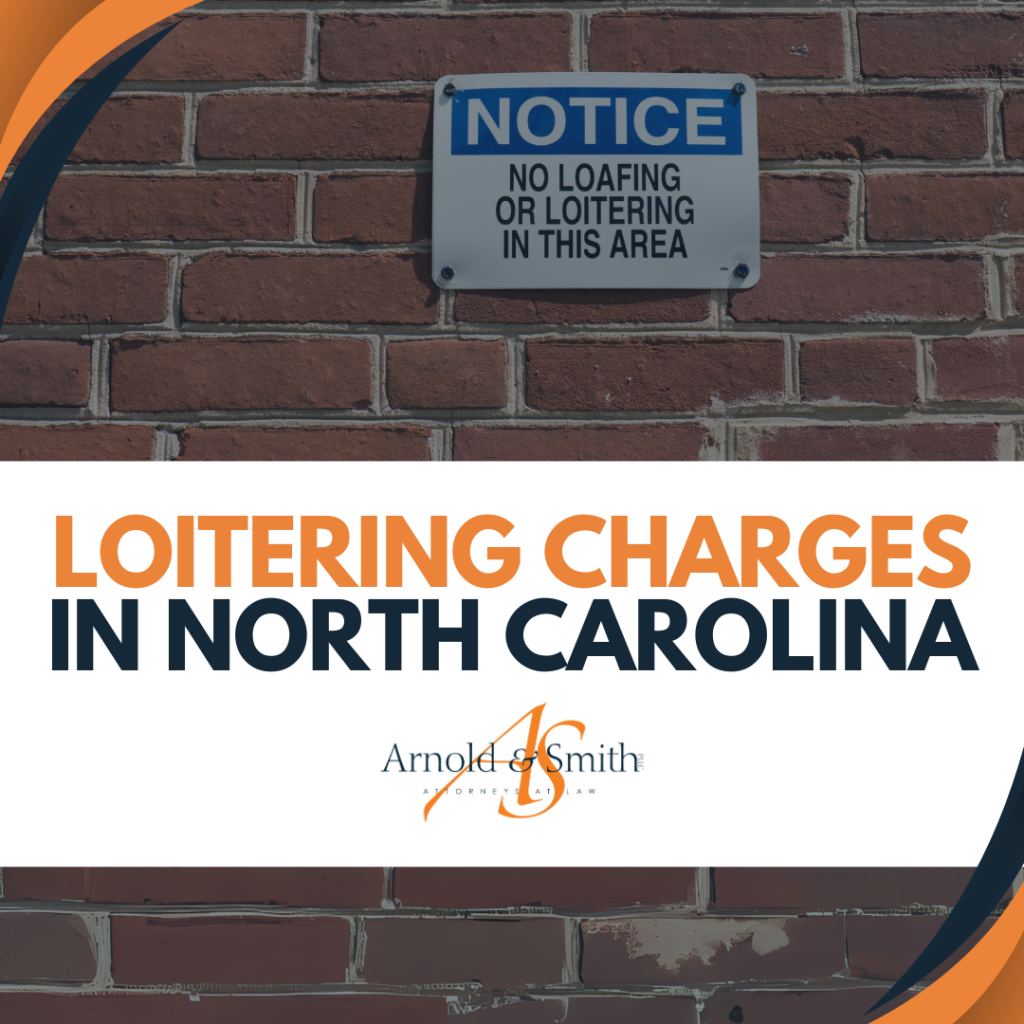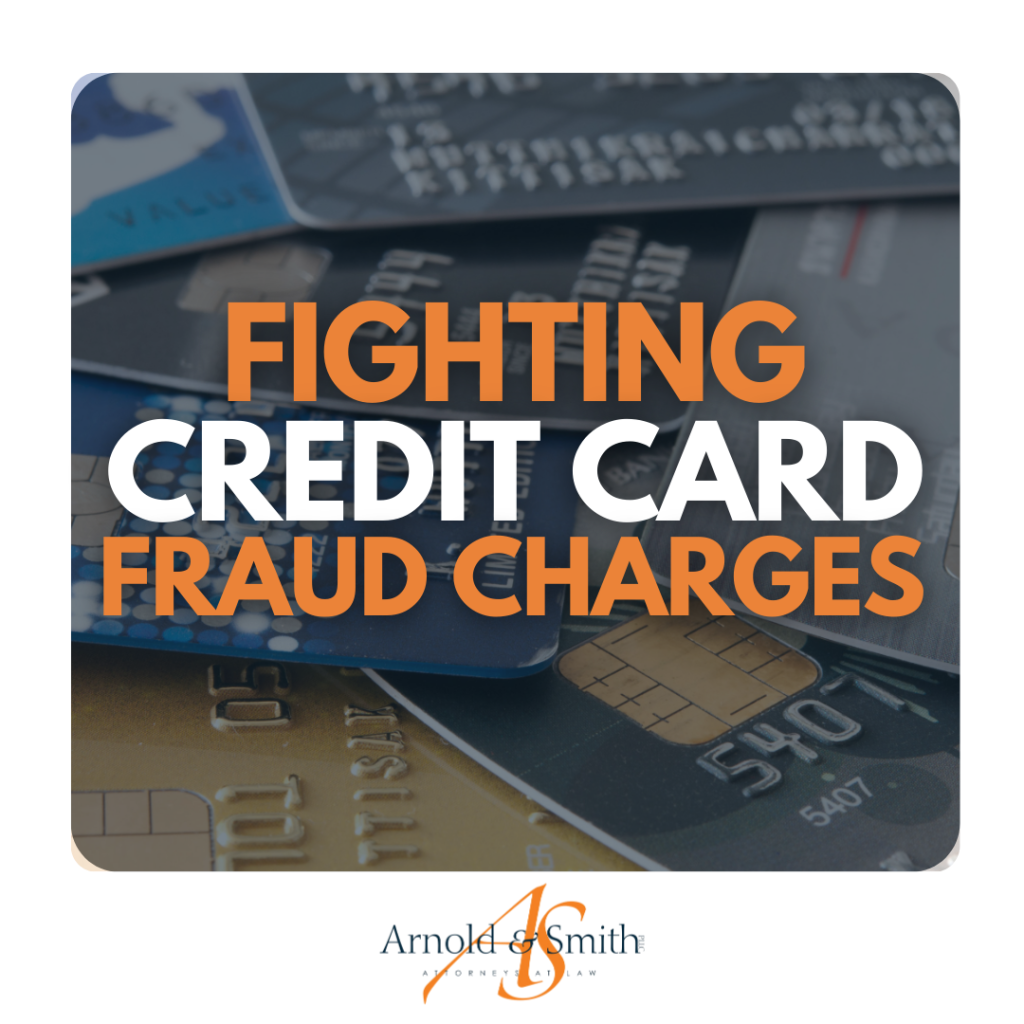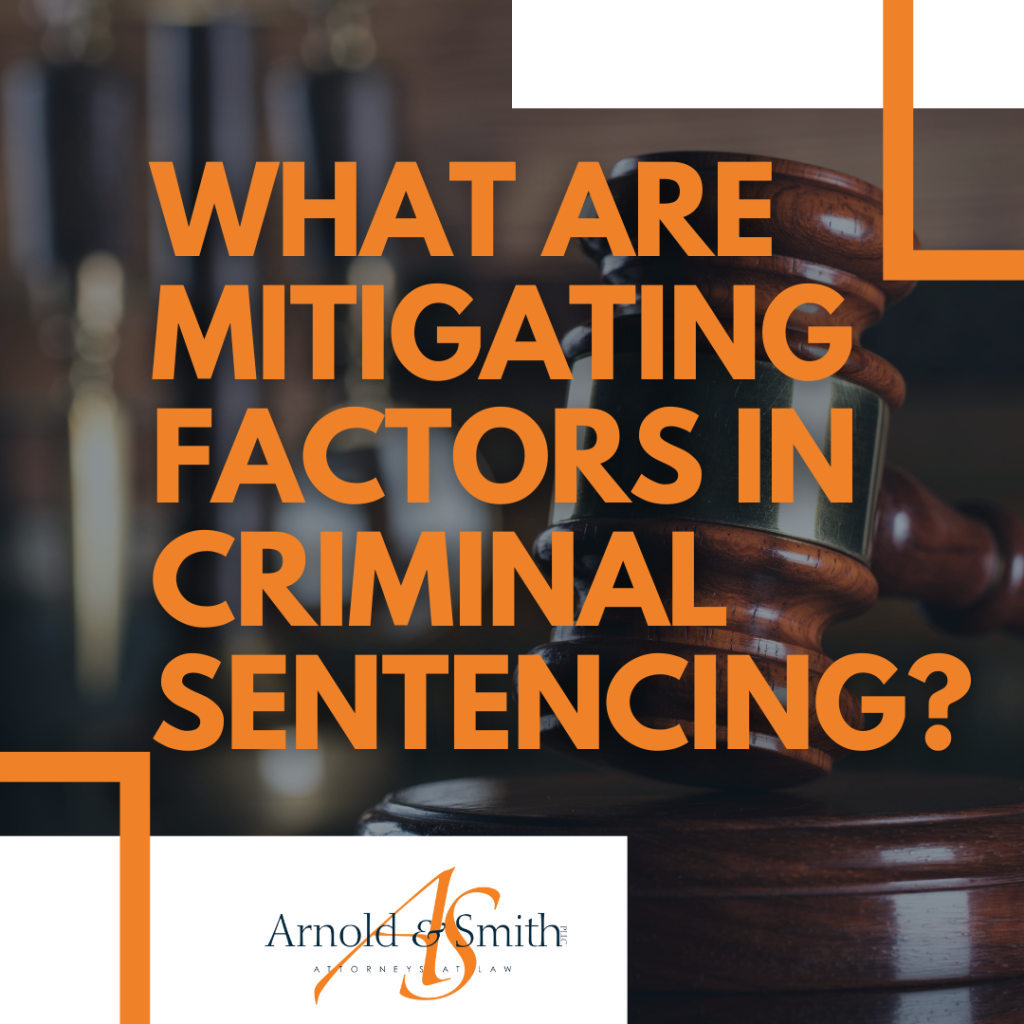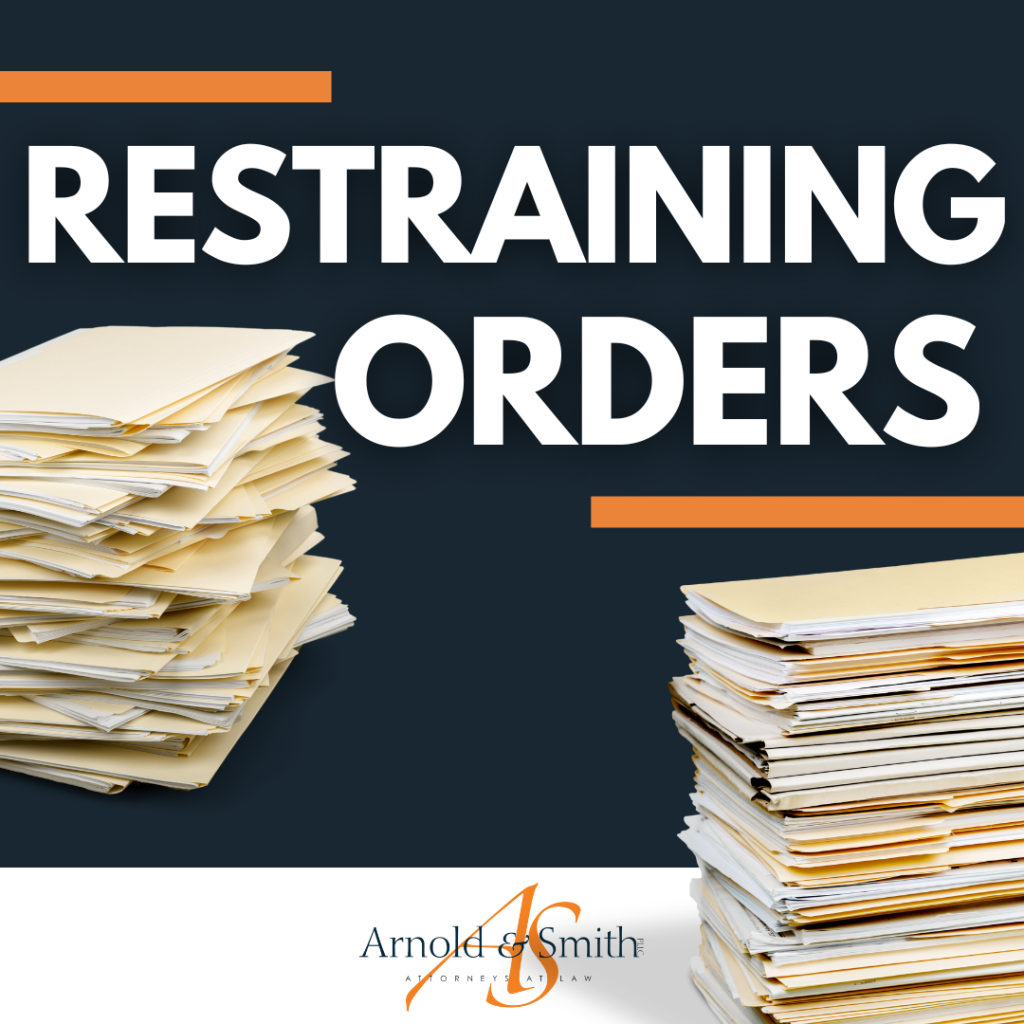 Safe Driver Incentive Plan Explained
Safe Driver Incentive Plan Explained
Safe driving results in fewer accidents and that means fewer injuries and fatalities on our roadways. Drivers face getting points on their driver’s licenses when they violate traffic laws, but many people are not aware of the impact that accidents and traffic tickets have on insurance rates. The Safe Driver Incentive Plan (SDIP) is a program that was established by law. The more points you accumulate, the more your insurance rates will rise. If you do not have any traffic violations or accidents, your insurance rates will not be impacted.
How SDIP Works
 Charlotte Criminal Lawyer Blog
Charlotte Criminal Lawyer Blog










